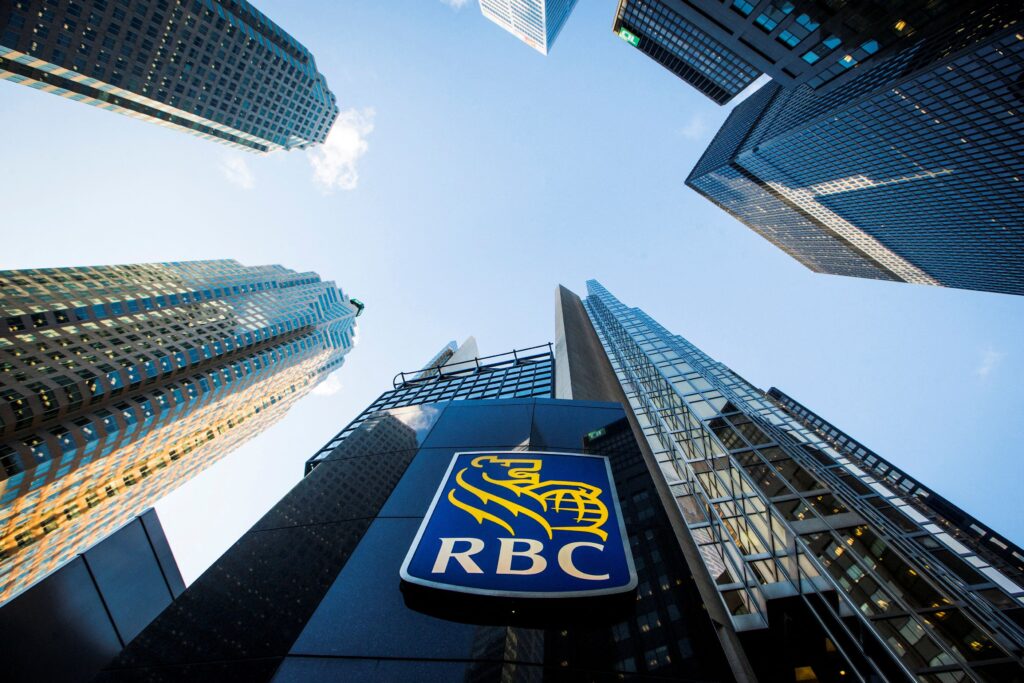RBC Publishes 2022 ESG Performance and Climate Reports

RBC has shared updates on its purpose-driven approach to helping clients thrive and communities prosper through the release of three key reports. These reports reflect the importance that RBC places on identifying, understanding and responding to the ESG topics that matter most to our stakeholders and our business. They also reflect our belief that financial institutions can play a pivotal role in solving the challenges of today, and that our ability to manage ESG matters will be core to our long-term success.
- Our 2022 Environmental, Social and Governance (ESG) Performance Report offers insights into RBC’s approach to ESG and our 2022 performance across our key ESG strategic priorities and focus areas.
- Our 2022 Climate Report summarizes RBC’s progress in advancing how we manage climate-related risks and opportunities in line with our enterprise climate strategy, the RBC Climate Blueprint and in implementing the recommendations of the Task Force on Climate-related Financial Disclosures.
- Our 2022 Public Accountability Statement (PAS) outlines our contribution to the economy and society in Canada – key measures supporting RBC’s Purpose to help clients thrive and communities prosper.
“To tackle some of the greatest challenges our society faces, businesses, governments and individuals must work together with greater focus and more ambition. At RBC, we’re proud to play our part as we demonstrate and measure our progress to hold ourselves accountable. These reports and disclosures reflect our ambition to help build a more inclusive and sustainable future for our clients and communities,” said Dave McKay, President and Chief Executive Officer, Royal Bank of Canada.
See related article:RBC Expands Sustainable Finance Product Suite for Businesses
Highlights from across the 2022 reports include:
Making progress on our sustainable finance commitment
- We provided $84.8 billion in sustainable finance in 2022, for a cumulative total of $282 billion since 2019, as part of our commitment to provide $500 billion in sustainable finance by 2025 to support our clients’ ESG objectives. We also released our Sustainable Finance Framework, which defines our approach and methodology for classifying, tracking and disclosing our performance towards this commitment.
Supporting the transition to net-zero emissions
- In 2022, we disclosed initial 2030 interim emissions reduction targets for lending in three key sectors: oil and gas, power generation and automotive – a key milestone in our commitment to achieving net-zero in our lending portfolio by 2050.
- We signed our second long-term renewable energy Power Purchase Agreement, advancing our goals to reduce greenhouse gas emissions from our global operations by 70 per cent (relative to our 2018 baseline) and to source 100 per cent of our electricity from renewable and non-emitting sources, both by 2025.
- We published timely thought leadership to advance decarbonization in key sectors, such as The Next Green Revolution series on emissions from Canada’s agrifood systems and strategies to reduce them.
- Through RBC Tech for Nature, we provided over $12 million to more than 100 universities and charities that are working on solutions to pressing environmental challenges like climate change by leveraging technology and innovation.
Building vibrant and thriving communities
- We are proud to invest in the communities where we work and live. In 2022, RBC and the RBC Foundation provided cash donations and community investments totaling more than $154 million globally, including specific support for disaster and humanitarian relief.
- We continued to invest in a beyond-banking venture called Arrive, where the objective is to help newcomers achieve their life, career and financial goals in Canada. In 2022, on average, more than 150,000 newcomers a month accessed the Arrive platform, demonstrating the significant need for relevant information and support during these uncertain times.
- In 2022, we set a community investment target of 1 per cent of net income before taxes in support of charitable and non-profit initiatives – based on a five-year rolling average – in RBC core markets (Canada, the U.S., the U.K. and Europe) by 2025.
- In 2022, we invested a total of $65.5 million in youth-related organizations and increased the number of youth we have had an impact on by 1.7 million. Since 2017, we have invested over $331 million and partnered with more than 840 organizations to deliver programming to a cumulative total of 5.3 million youth.
- Our annual Employee Giving Campaign went global for the first time with 81 per cent of employees taking part. Together, employees and retirees personally donated $21.8 million to more than 9,500 global charities.
Strengthening our culture of inclusion and belonging
- In 2022, 51 per cent and 43 per cent of new hires were women and BIPOC, respectively.
- We ranked in the global 2022 Refinitiv Top 100 Diversity & Inclusion Index for the 4th consecutive year.
- We also launched our STEPS Leadership Development Program: A five- to six-month leadership program for nominated, priority talent women who are new leaders. The program is designed to deepen leadership capabilities, accelerate development and prepare for a path to senior leadership. In its inaugural year, 40 participants completed the program and 25 per cent of participants were promoted.
Delivering a strong foundation of trust
- For the 2023 performance year, we plan to include a climate modifier to be considered by the board when granting equity to the CEO and Group Executives. The climate modifier outlined in the 2022 Climate Report gives the board flexibility to make modifications to executives’ Mid-Term Incentive and Long-Term Incentive awards, taking into consideration their actions supporting our climate strategy.
- We updated our primary Enterprise Policy on Environmental & Social Risk to reflect our enhanced climate commitments and objectives.
- We enhanced our client and supplier risk assessment and due diligence processes to more fully identify and address potential human rights risks. We also reviewed our supplier contracts to confirm that respect for human rights forms part of the contractual obligations.












